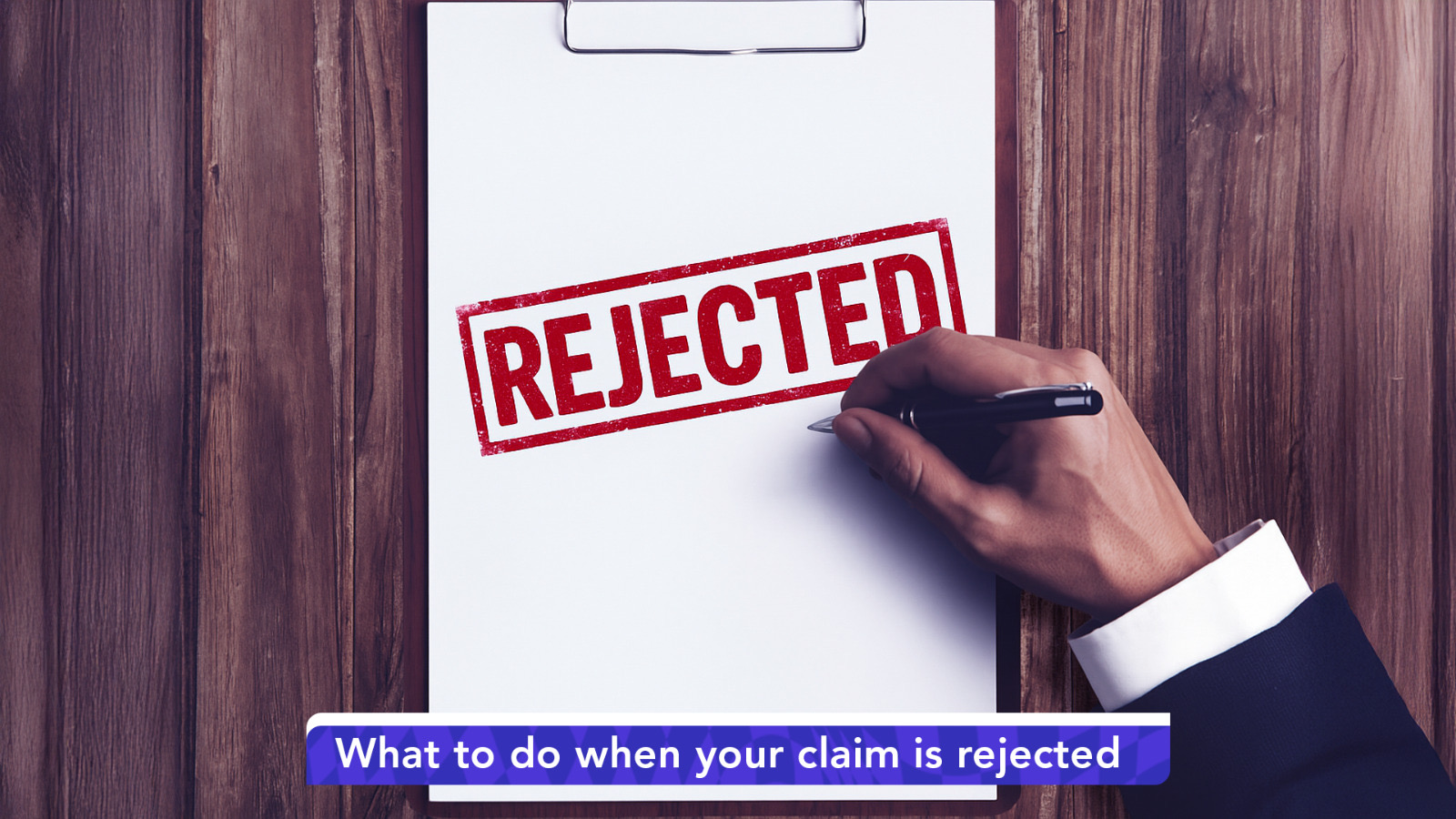Ever feel like you’re stuck in a bad relationship? Your health insurer keeps raising premiums, their customer service is as helpful as a rock, and they never call you back. Well, guess what? You don’t have to stay in that toxic relationship! Health insurance portability lets you switch to a new insurer without losing the benefits you’ve already earned.
If you’re wondering how this magic works, don’t worry, I’ll explain it in the simplest way possible. No complicated policies, just plain and easy-to-understand.
So, What Exactly is Health Insurance Portability?
Imagine you’re switching mobile phone plans. You’ve been with Company A for years, but suddenly, you find a better deal elsewhere. You don’t want to lose your number or benefits (like the 100 free messages you’ve been keeping). So, you port your number and move to the new company, but you keep all the benefits you’ve accumulated. Health insurance portability works the same way! You can switch to a new insurer when your current policy renews without losing your waiting periods, no-claim bonus (NCB), or the coverage you’ve earned.
Key Things You Should Know About Portability
- Continuity of Waiting Periods: Health insurance comes with waiting periods. For example, 30 days to cover general illnesses, 2-4 years for pre-existing conditions, and other specific ailments. The good news? If you’ve already served some of those waiting periods, you don’t have to start over! If your old policy had a 2-year wait for a pre-existing condition and you’ve served 1 year, you only need to serve the remaining year with the new insurer. Simple as that!
- No Loss of No-Claim Bonus (NCB): If you’ve been a good policyholder and avoided claims, you’re rewarded with an NCB (extra sum insured). Portability ensures that you don’t lose that bonus when switching insurers. So, that bonus you earned for staying claim-free? It goes with you to the new insurer, like your favorite jacket that fits perfectly.
- Not All Plans Are Portable: If you’re on a Critical Illness (CI) or fixed-benefit plan, portability applies only to a similar type of plan from the new insurer. So, if you’re porting a critical illness policy, you can only switch to another critical illness policy. It’s like switching pizza toppings, you can go from veggie to non-veg, but not from pizza to pasta.
- Timing is Everything: You can port your health insurance only at renewal time, but not in the middle of your policy year. The process needs to be done 45-60 days before your policy renewal. So, plan! Don’t leave it until the last minute. Waiting until the day before renewal is like deciding to change your wardrobe at 11 PM the night before an event, which is not ideal!
- The New Insurer Can Re-Underwrite: The new insurer will evaluate your health status, and they can change the price, exclude certain conditions, or ask for medical tests. But they must honor your previous waiting periods. So, if you’ve already served 2 years of a 4-year pre-existing condition wait, the new insurer must give you credit for those 2 years. They can’t just ignore your history and restart everything.
- Extra Cover = Fresh Waiting Periods: If you decide to increase your coverage while porting (because you’re feeling fancy, or maybe you just had a baby), you’ll have to serve fresh waiting periods only for the added amount. For instance, if you increase your sum insured by ₹5 lakh, that ₹5 lakh will come with a waiting period, but the old ₹5 lakh will carry over. So, you get the best of both worlds—new cover with old benefits!
How to Port Your Health Insurance Policy (Step-by-Step)
Now that you know the basics, let’s walk through the simple steps to port your policy. Don’t worry, it’s easier than it sounds, like switching from a flip phone to a smartphone (no tech skills required).
Step 1: Research and Compare Plans
Before you jump ship, do a little homework. Don’t just switch for the sake of it. Compare different plans based on the coverage, premiums, hospital network, and customer service. Maybe you want a policy that covers more treatments or has a larger hospital network. Make sure you’re switching to something that suits your needs better.
Tip: Don’t be swayed by flashy ads or offers that sound too good to be true. Read the policy, compare features and pricing carefully.
Step 2: Notify Your Current Insurer
You can’t just leave your insurer hanging. You must notify your current insurer about your intent to port 45-60 days before your renewal. This gives both you and the new insurer time to make the switch.
Step 3: Apply to the New Insurer
Once you’ve chosen a new insurer, apply for portability with them. They’ll ask you to fill out a portability request form and a proposal form for the new policy. You’ll need to provide information like your current policy details, medical history, and KYC documents (like Aadhar or PAN card).
Here’s where honesty matters. Be upfront about any pre-existing conditions or claims you’ve made. It’s not like dating, you can’t just “ghost” your past. Transparency is key here.
Step 4: Wait for the New Insurer’s Decision
After applying, the new insurer will review your application. This can take up to 15 days. They’ll let you know if they accept your application. If they accept, you’re on track for a smooth transition. If not, you can stay with your old insurer, no hard feelings, right?
Pro Tip: Always keep your old policy active until you receive confirmation that the new policy is issued. Don’t cancel prematurely, or you might end up without insurance for a brief period. Better safe than sorry!
Step 5: No Gaps in Coverage (Keep Your Insurance Active)
Once the new policy is confirmed, make sure your coverage is continuous, with no gaps between the old policy and the new one. If there’s any delay from the new insurer, ask your old insurer for a short-term extension so you don’t lose coverage.
Bonus Tip: If the new insurer requires additional time, the IRDAI permits your old insurer to offer a grace period of up to 30 days during the porting process. So, you’re always covered.
Step 6: Cancel Your Old Policy
Once the new policy kicks in, you can cancel the old policy. Make sure to notify your old insurer that you won’t be renewing. You might get a refund of the pro-rated premium if there’s any overlap during the porting process.
Common Mistakes to Avoid (and How to Avoid Them)
- Waiting Too Long: Don’t wait until the last minute to port your policy. Start the process 45-60 days before renewal to avoid last-minute panic. This gives both insurers enough time to process the switch.
- Not Doing Enough Research: Don’t just jump on the first plan you find. Compare different insurers, coverage options, and premium rates before making your move. Look for a policy that offers better service, coverage, and affordability.
- Not Keeping Documents Ready: You’ll need past policy details, claims history, KYC documents, and sometimes even medical reports. Keep everything in one place so you can fill out the forms quickly.
- Assuming Automatic Approval: Just because you want to port doesn’t mean the new insurer has to accept you. They’ll review your health history and decide based on their underwriting rules. But as long as you’re honest and meet their criteria, it should go smoothly.
- Cancelling the Old Policy Too Early: You can’t cancel your old policy before the new one is confirmed. Keep it active until the new policy takes over, or you might end up in coverage limbo.
Final Thoughts
Health insurance portability gives you the freedom to switch insurers and upgrade your coverage without losing benefits you’ve earned. It’s a win-win, as long as you follow the steps, stay on top of the timelines, and avoid common mistakes. So, if you feel like your current insurer is treating you poorly or you just found a better plan, don’t be afraid to make the switch. Your health is too important to stay in a bad deal!






